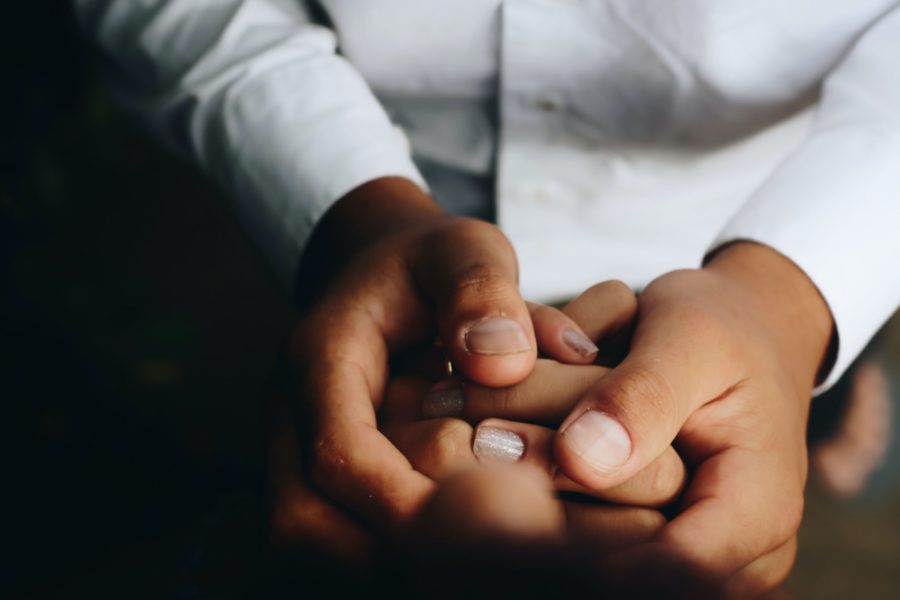Celebrated on Feb. 29, the rarest day of the year (when possible) the event was founded by EURORDIS to raise awareness about rare diseases, the people who live with them, the professionals who treat them and the caretakers who support those who have them.
Created in 2008, this day aims to broaden social opportunities, healthcare access, diagnoses and treatments for people with rare diseases. The event has gone from taking place in 18 countries to occurring across 100 countries in 2019. This international communication allows researchers and scientists to build on each other’s work across the globe, hoping to learn more information, discover new ways to treat these diseases and determine how to diagnose them more accurately.
What makes a disease rare? The organization’s website categorizes these illnessess as one that affects fewer than 1 in 2,000 people. Rare diseases often have common symptoms that make them difficult to diagnose and time-consuming to treat. In addition, many of them do not yet have a cure.
Rare Disease Day creates awareness for the over 300 million people living with a rare disease. Having one of these diseases can be painful, debilitating and even life-threatening. Patients often require consistent care, treatment and support. They face a lack of research and knowledge about their diseases, limited access to proper care and heavy financial burdens. Of this illnesses, 72% are genetic, meaning people are born and live with these illnesses.
How can you help? Share Rare Disease Day on social media, attend events, encourage policymakers to shed light on the diseases and more. You can also join one of 1,400 organizations that take part in the event to raise awareness.
Related articles
Gout: The Throbbing Pain You Want to Live Without
Spotlight360: Meet Gaby Rubeis
Are Psychedelic Drugs the Medical Future?

